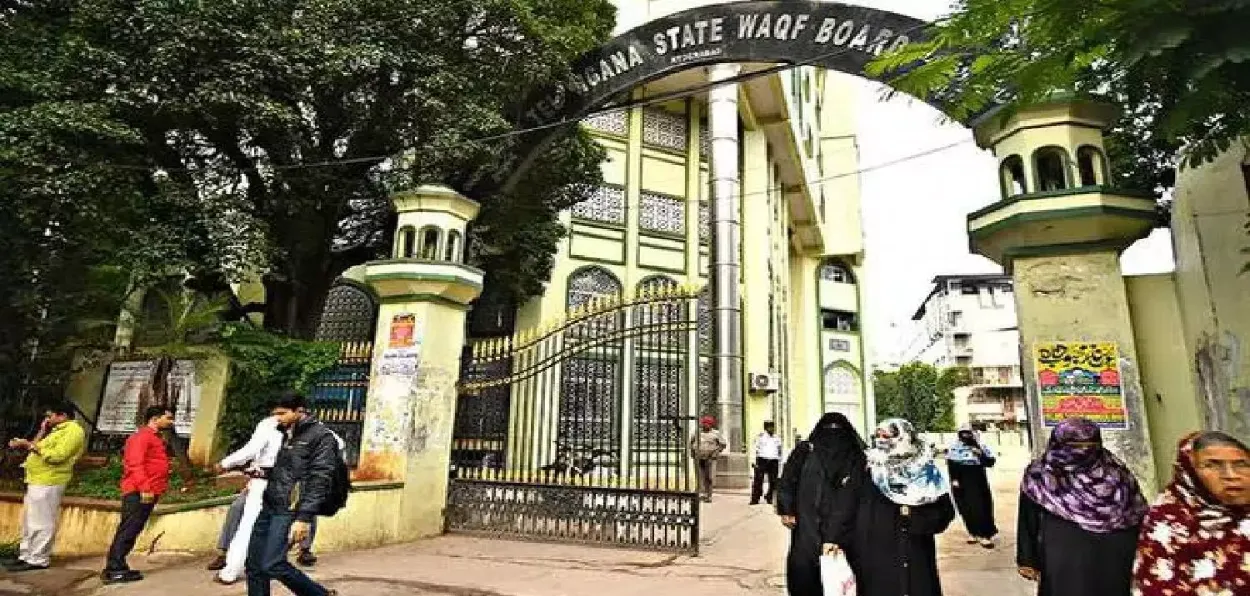
New Delhi
The Parliament's Budget Session resumes on Monday with several key bills including one that seeks to limit the Waqf Boards' authority to designate properties and make women's reservations within these bodies. These changes would reportedly include mandatory verification for property claims.
Reports circulated by news agencies that quoted ‘authoritative sources” suggested the government may propose amendments to the Waqf Act, potentially limiting the Waqf Board's authority to designate properties. These changes would reportedly include mandatory verification for property claims.
However, here was no confirmation from the government over this and no updates have been made to the legislative agenda since before the session began.
Reports on Sunday cited unnamed government officials as saying the move was in line with demands from the Muslim community.
The new amendments are designed to increase women's representation on the Central Waqf Council and state boards, introduce measures for monitoring properties with district magistrates, and address delays in property surveying.
According to the sources, the proposed law seeks 32-40 amendments in the existing Waqf Board Act.
Waqf Act was first passed by Parliament in 1954. Subsequently, it was repealed and a new Waqf Act was passed in 1995 which gave more powers to Waqf Boards. In 2013, this Act was further amended to give far-reaching powers to the Waqf Board to designate property as 'Waqf Property'.
According to sources the proposed amendments are likely to make it mandatory for the Waqf Board to register its property in the District Collector's office so that the property can be evaluated.
"Muslims were asking why the government wasn't making amendments to the Waqf Board law. Only powerful people are involved in Waqf, not ordinary Muslims. There are questions about revenue, no one is allowed to measure how much revenue is generated, and there are allegations of corruption. Neither the state government nor the central government can intervene in Waqf properties. But after the amendment, the Waqf Board will have to register their property with the District Collector's office so that the property can be evaluated", the sources said.
"There should be a committee to investigate revenue and ensure transparency in Waqf. Waqf properties should only be for the benefit of Muslims. In 2013, when the amendment was made, Waqf members could claim ownership of properties," the source added.
ALSO READ: How Mudasir Dar changed the terror-hub image of 5 Pulwama villages
The amendments also aim to enhance inclusivity by ensuring women's representation on the Central Waqf Council and state boards.
